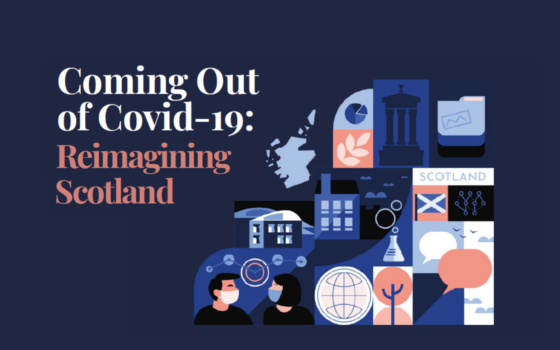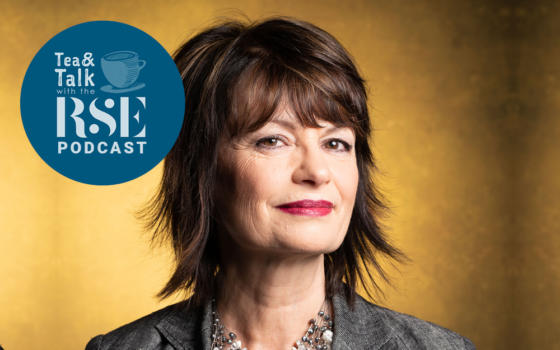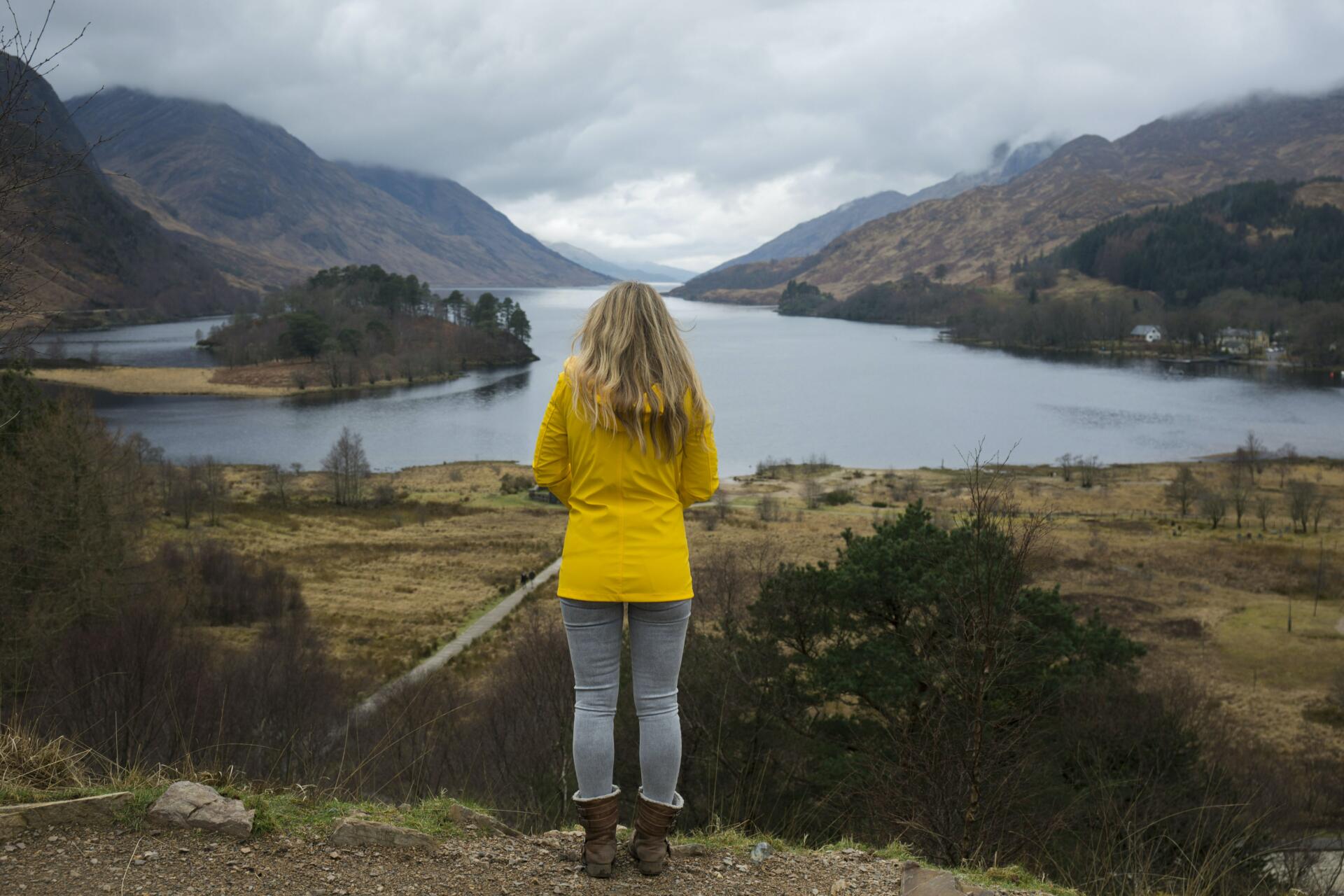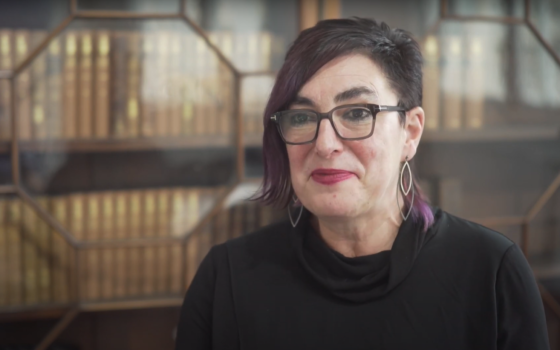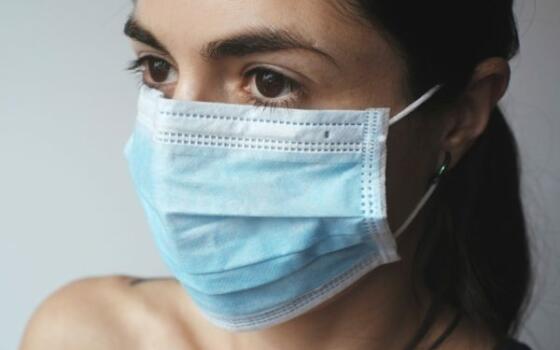Although we are some way into this pandemic there is still some way to go. Scotland’s national academy, the Royal Society of Edinburgh (RSE), responded by setting up the Post-Covid-19 Futures Commission in April last year. Scotland has a real opportunity to recover as a stronger nation, as long as we learn from our response to the crisis and take action to prepare for any future challenges.
As the pandemic exposed our vulnerabilities we identified four key themes to address: building national resilience; data, evidence and science; inclusive public service; and public debate and participation. We drew some key conclusions from insights gathered from a wide range of groups and individuals across society. The commission published its report in October and we recommended tangible actions for the government, the third sector and businesses.
We identified the clear value of giving the public a voice when it comes to policies and decisions that affect their lives. Routine channels should be formed to create a two-way dialogue between authorities and society to collaborate, giving both a better appreciation of how things could and should be done from different perspectives. Data and science were used to make key decisions throughout the pandemic, but how many of us were confident understanding the information shared? Enhanced STEM — science, technology, engineering and mathematics — education is needed to empower the public to assess, question and act upon evidence.
Transparency is vital and a lack of it can heavily influence the way in which we respond to information; if we receive clear, genuine messaging, it will make it easier to follow guidance and prepare efficiently. We also need to recognise that we all communicate in different ways and this should be no different during a crisis; accessibility to information must be addressed. So, how can we act on these recommendations to build a brighter future for Scotland?
We can all play a role in maintaining the momentum for change and to build on the community spirit we generated to help each other.
The bottom line is learning from the Covid experience. The commission played an important role by asking the questions, bringing together diverse groups of people and challenging organisations in the private, public and third sector to make changes. However, we can all play a role in maintaining the momentum for change and to build on the community spirit we generated to help each other. Given the right support, we can all take responsibility to help Scotland prosper as we emerge from the pandemic.
Professor Dame Anne Glover is a molecular biologist and chaired the RSE’s Post-Covid-19 Futures Commission. This article represents her views not necessarily those of the RSE
The Post-Covid-19 Futures Commission recently published its report Coming Out of Covid-19: Reimagining Scotland, which you can read in full here. To learn more about the Building National Resilience workstream, read the Working Group summary reports here.
